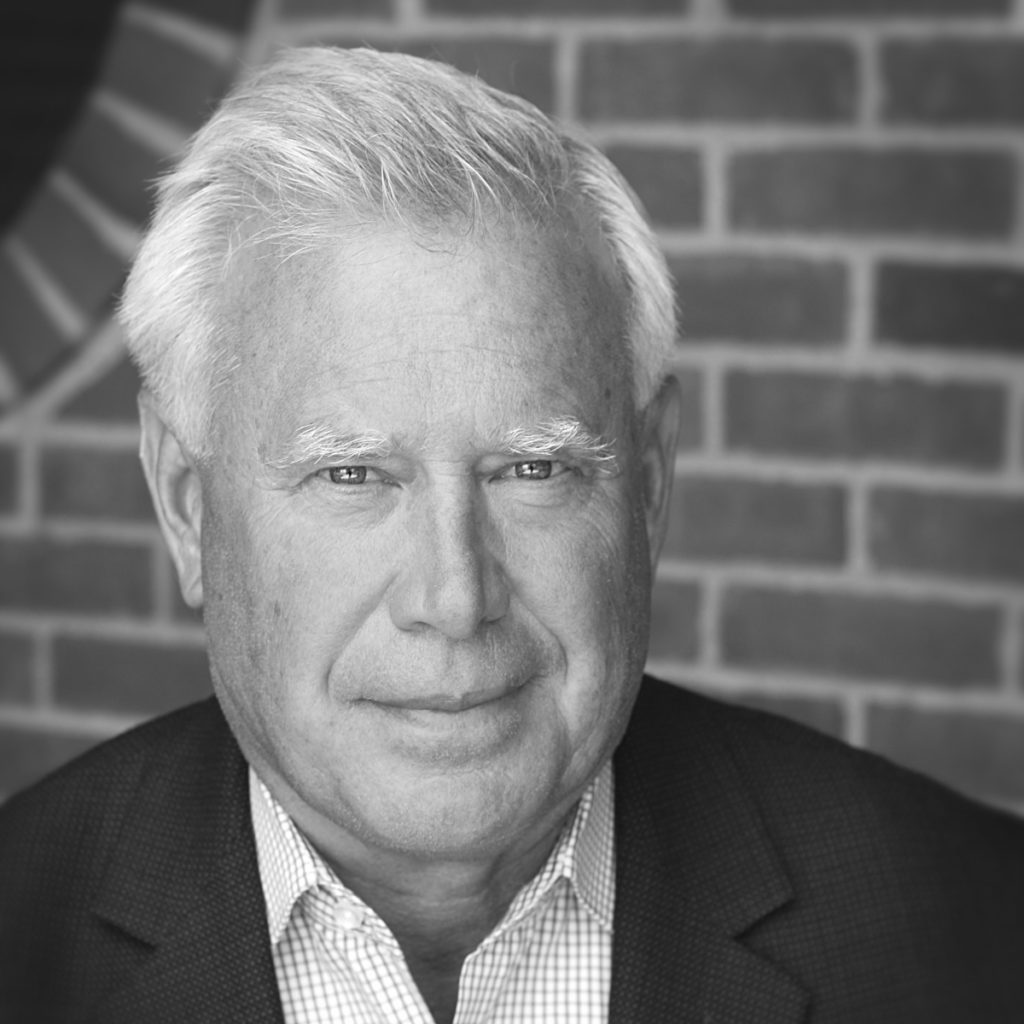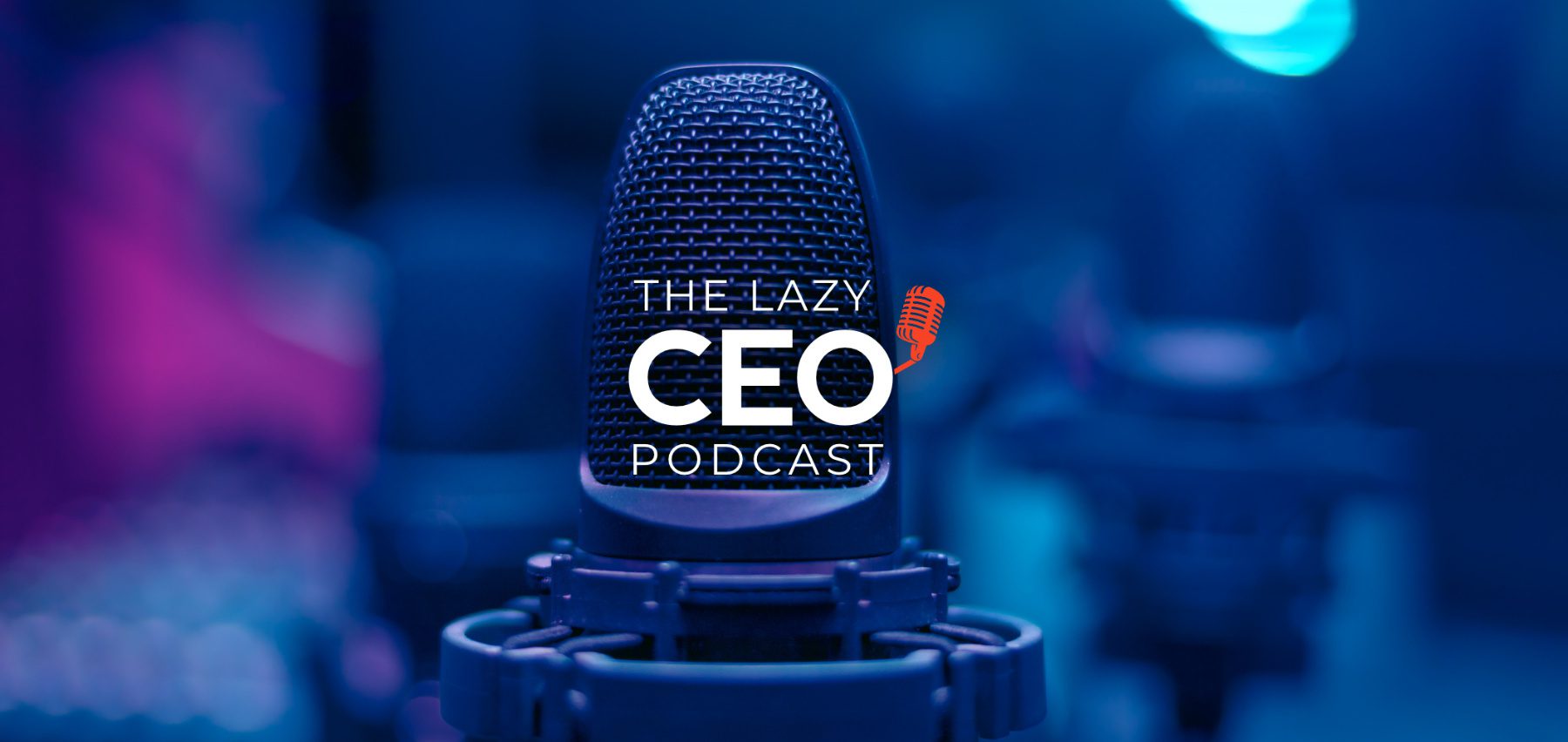The Great Reassessment Episode at a Glance:
- What is the Great Reassessment?
- 66% of people do not feel valued in what they do
- Over 50% of the senior people interviewed believe they’re contributing less than 50% of their capability to their organization.
- Purpose and fulfillment in the workplace
In this episode about the Great Reassessment:
Today we are speaking with a renowned thinker about engagement and management and strategy and how you bring your whole team along on the journey in an engaging way.
What is The Great Reassessment? People are reassessing where they want to be, what they want to do, who they want to do it for, and who they want to do it with. People want to work, but they don’t want to work where they feel they have to put up with things that inhibit or constrain what they have to offer.
66% of people do not feel valued in what they do
If you’re doing something every day and you don’t feel valued, you’re probably looking for something else. And what is behind the sense of feeling valued? It had not a thing to do with engagement. It doesn’t have anything to do with pulse scores. It has to do with do you believe that your people, stepping into co-thinking your business with you, will create a better outcome than you telling them what to think. When your team uncovers a better way forward, then there’s a certain sense of value and nobility and dignity that comes. That’s a big deal, this whole sense of value and value driven by leaders thinking that we’re creating creatives, not just creating implementers.
-Over 50% of the senior people interviewed believe they’re contributing less than 50% of their capability to their organization.
That suggests there’s a whole lot more we have to offer that we’re just not able to get out there. The successful leader in this great reassessment is asking, what other capabilities are you not contributing? What can we do to get those to come forth, get those to be released, unlock them, etc?
The final piece on that whole conversation is, that I don’t know anybody under 30 that will work for an organization that doesn’t have a strong purpose or a cause and has a new expectation for what the experience at work is going to look like. What that means is that I am no longer going to be willing to compromise my experience at work and just invest in my personal experience. So, my expectations are the same things I have in my personal life for fulfillment, and for achievement. And if I’m not getting that, I’m going to find a place where I get what I can get because I want to live my life fully across the board.
Listen to this podcast for more about reassessment in today’s workplace:
- If we want to create an extraordinary experience for our people, or experience for our guests and clients, then we must encourage variability.
- Believe in people that they want to win, and they don’t wake up every day saying, I can’t wait to be average again today. But they rarely get a chance to get in the game to that full degree. And so to the extent, we can get them in the game, and their experience is one that is as personal as their best home life experiences, there’s tremendous financial, benefit in that.
- Values are the guidelines for which you make decisions about stuff that there are no rules.
- The great reassessment leaders going to have to change how they behave in terms of how they handle the truth and some things they probably need to stop doing. How are leaders going to need to change in this reassessment environment?
- Do we have a common mental model that ensures we all see things the same way? Are you drawing out the attitudes, opinions, and beliefs of different people and merging them into a common picture that means the same thing to all of us?
- Determine what to say no to.
Resources
- Root, Inc.
- Jim Haudan on Linkedin
- Jim Schleckser on LinkedIn
- The CEO Project
- Great Ceos Are Lazy: How Exceptional CEOs Do More in Less Time by Jim Schleckser
Thanks to our Guest

Jim Hauden is an expert on leadership alignment, strategy execution, employee engagement, business transformation, change management, and accelerated learning. He has spoken at TEDx BGSU, Tampa TEDx, and Conference Board events, and has given keynote speeches for many organizations throughout the world. He contributes regularly to business publications, including Inc. and Switch & Shift, where he was ranked on the Top 75 List of Human Business Champions.
He lives in Sylvania, OH, with his wife, Michelle. They have three children, Brad, Brooke, and Blake, and five grandchildren. When he’s not traveling the globe visiting clients, he enjoys relaxing with his family at their lake cottage, golfing, fishing, sailing, photography, and attending Jimmy Buffett concerts.
Sponsor for this episode…
This episode is brought to you by The CEO Project. The CEO Project is a business advisory group that brings high-caliber, accomplished CEOs together. Our team of skilled advisors is comprised of current and former CEOs who have run both public and private sector companies across multiple industries. With our experience and expertise, we guide hundreds of high-performing CEOs through a disciplined approach that resolves constraints and improves critical decisions. The CEO Project has helped high-performing, large enterprise CEOs with annual revenues ranging from $20M to over $2 billion to drive growth and achieve optimal outcomes. If you are an experienced CEO looking to grow your company, visit www.theCEOProject.com.









